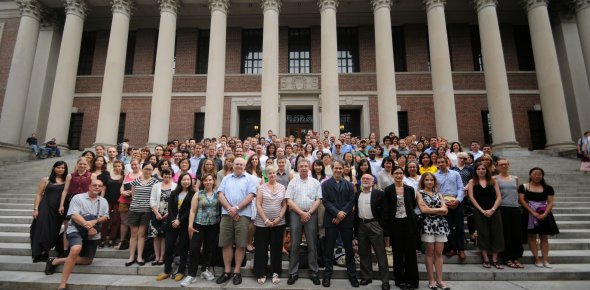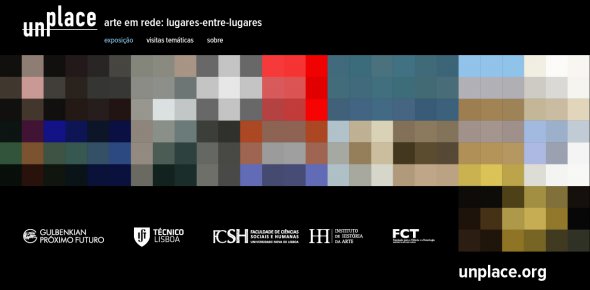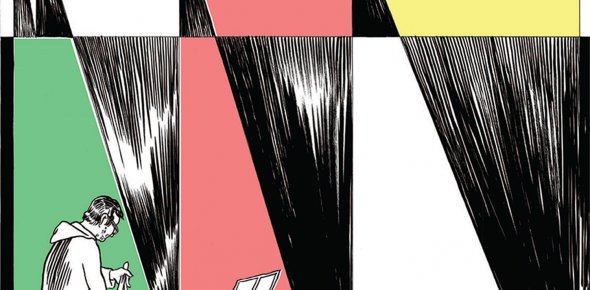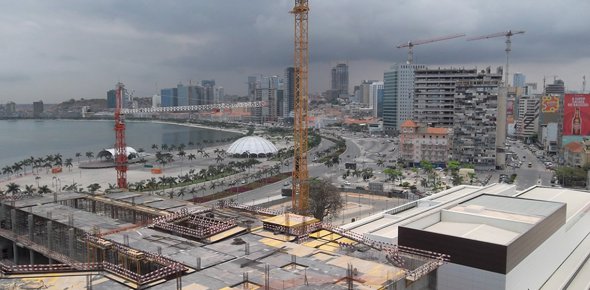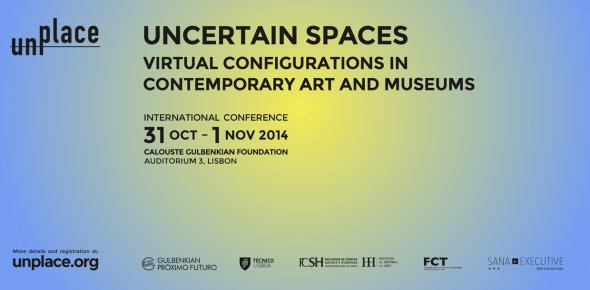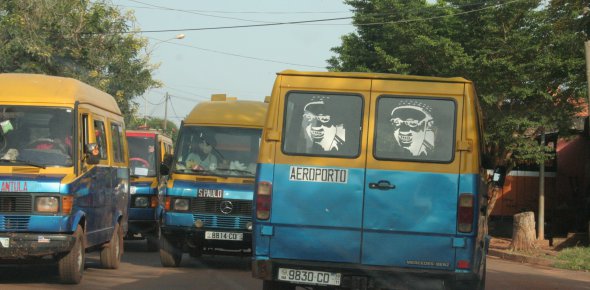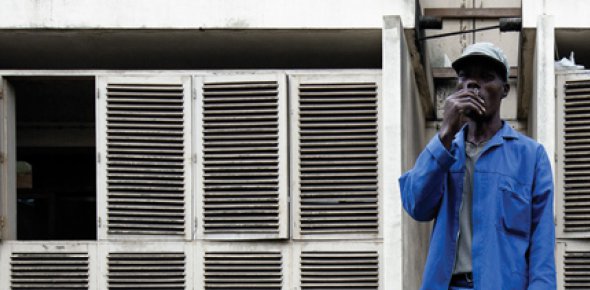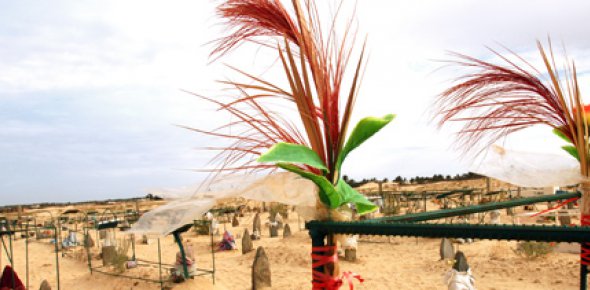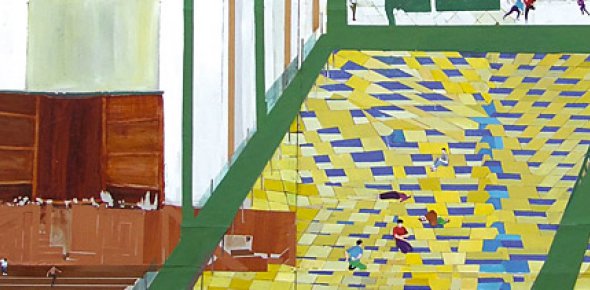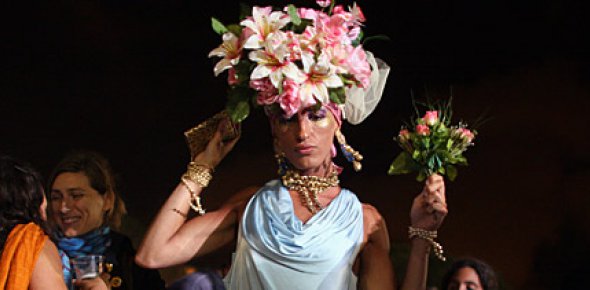Pachamama, The Law of the Rights of Mother Earth
9 Sep
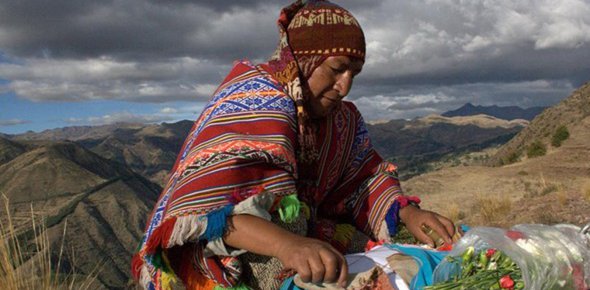
The Law of the Rights of Mother Earth, which was passed on 21 June 2012 in the Bolivian Senate, aims to promote full development in harmony and balance with nature, ensuring Mother Earth's continuing capacity to regenerate her components and life systems and the revival and strengthening of local and ancestral knowledge. Promoted by President Evo Morales, the rights of Mother Earth are a universal declaration for the preservation of Planet Earth. This law introduces the indigenous ancestral concept of the Earth/Nature as being a living being with rights. Its legal text establishes Planet Earth as a a collective subject of public interest, to ensure the exercise and protection of its rights.
In collaboration with Programa Educativo dos Jardins Gulbenkian

